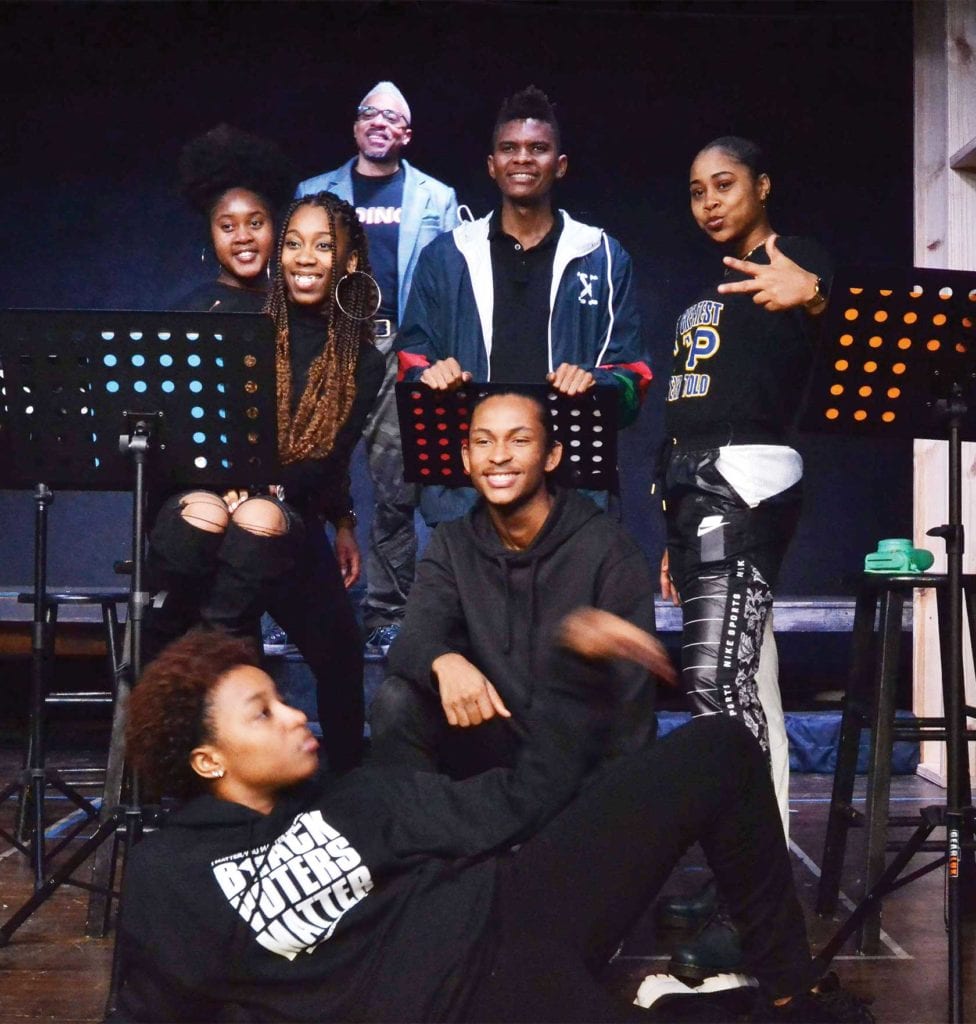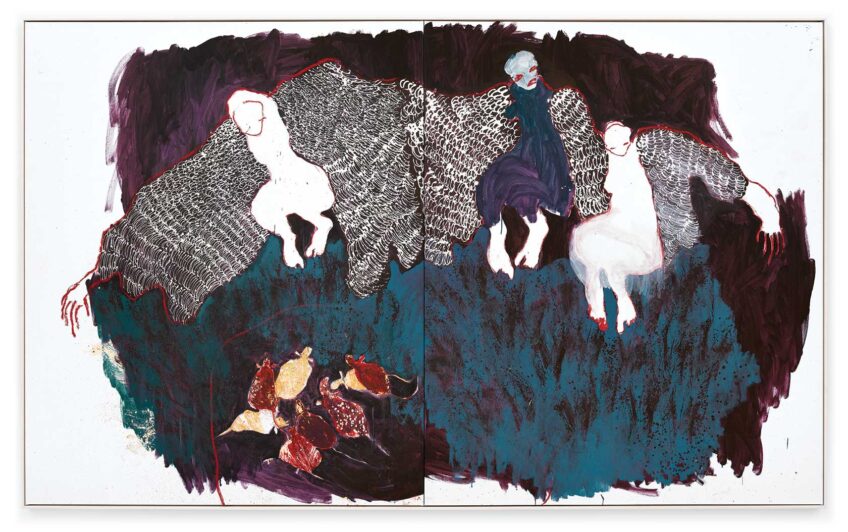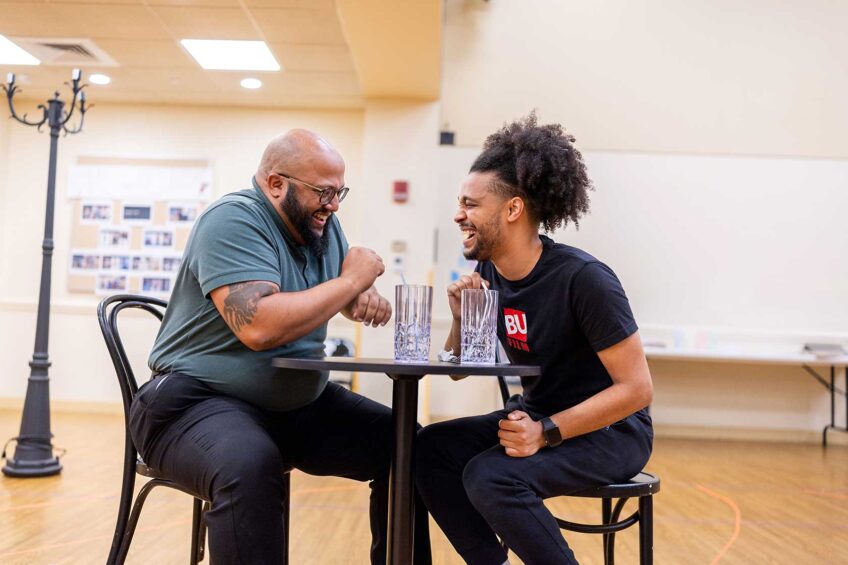Playwright SekouWrites’ evolving work addresses microaggressions, racism

While the COVID-19 pandemic has been a dormant time for some artists, Roxbury native SekouWrites has been spurred into action with his revitalized choreopoem, “Brown Boy Mad.” The New York City-based journalist and author rewrote and enhanced a former work to make the 50-minute production in collaboration with students at Fisk University in Nashville and staged it on campus. The first performance was on February 26 — the same month and day that Trayvon Martin was killed in 2012, he notes — and the second was on March 15. It was the last on-campus event before the school shut down.
In the early 2000s, SekouWrites wrote the first iteration of the piece. At the time it was called “Dear White Man” and it was a short choreopoem for a spoken-word event. In 2019, he began to revisit the piece in a writing workshop with Blackboard Plays, but it was when he began his residency at Fisk University that the play really bloomed.

SekouWrites developing “Brown Boy Mad” with Fisk University students. PHOTO: COURTESY OF SEKOUWRITES
“The play changed a lot. I was working with the drama department, number one, but I was also working with an entirely different generation,” says SekouWrites. “Ideas were coming so fast based on my interactions with them.”
Significant content was added to the show, as was a song at the beginning, also written by SekouWrites. He’d like eventually to add dance and potentially film to make it truly a multimedia experience.
One pivotal scene pulled from his Roxbury past, when SekouWrites narrowly avoided police assault when he was found sitting in a car he owned listening to music. The moment was terrifying, but the music choice ended up building a bridge between his experience and those of his students. The original script had him listening to “Be Thankful for What You Got” by William DeVaughn. His students complained about it being an old song, he says. Now the scene has the protagonist start off listening to “Be Thankful for What You Got” and progress through the years all the way up to “Old Town Road” by Lil Nas X.
“I changed that section … to bridge the gap in terms of experience between what I experienced as a 19-year-old and what they experience as 19-year-olds. Because there is no real difference,” says SekouWrites. “It tracks progress musically that hasn’t happened for us in terms of racism and microaggressions. Music has moved forward, but we have essentially remained the same.”
“Brown Boy Mad” is right on the cusp of greatness, and SekouWrites hopes it will become what he calls a “franchise,” meaning that every student or community group who performs it will be able to use their own experiences to shape the piece.
In the meantime, an unexpected and powerful side project has sprung up from “Brown Boy Mad.” Viewers who were affected by the piece began sending SekouWrites stories of their own experiences with racism. He has turned those stories into videos that are available on the Brown Boy Mad Instagram page (@brownboymad). He says he’d like to see that video series, dubbed “Unmasked,” eventually grow to incorporate women, children and other storytellers.
At the moment, the recording of the Fisk University performance of “Brown Boy Mad” is being shared in live watch parties. It can also be found on YouTube. SekouWrites says sharing the work is the most important thing at this stage, though community members can support the project financially by purchasing products from his website.
Bringing the show to Boston is high on SekouWrites’ priority list. While visiting the city recently for Father’s Day, the artist says he was reminded that many of his formative experiences with race happened in this city.
“It’s full circle for me in a number of ways, not just creatively, but in terms of this being the place where I had that incident buying my first car and that piece became the centerpiece of what is now a choreopoem,” he says. “I want to put a period at the end of that sentence.”







